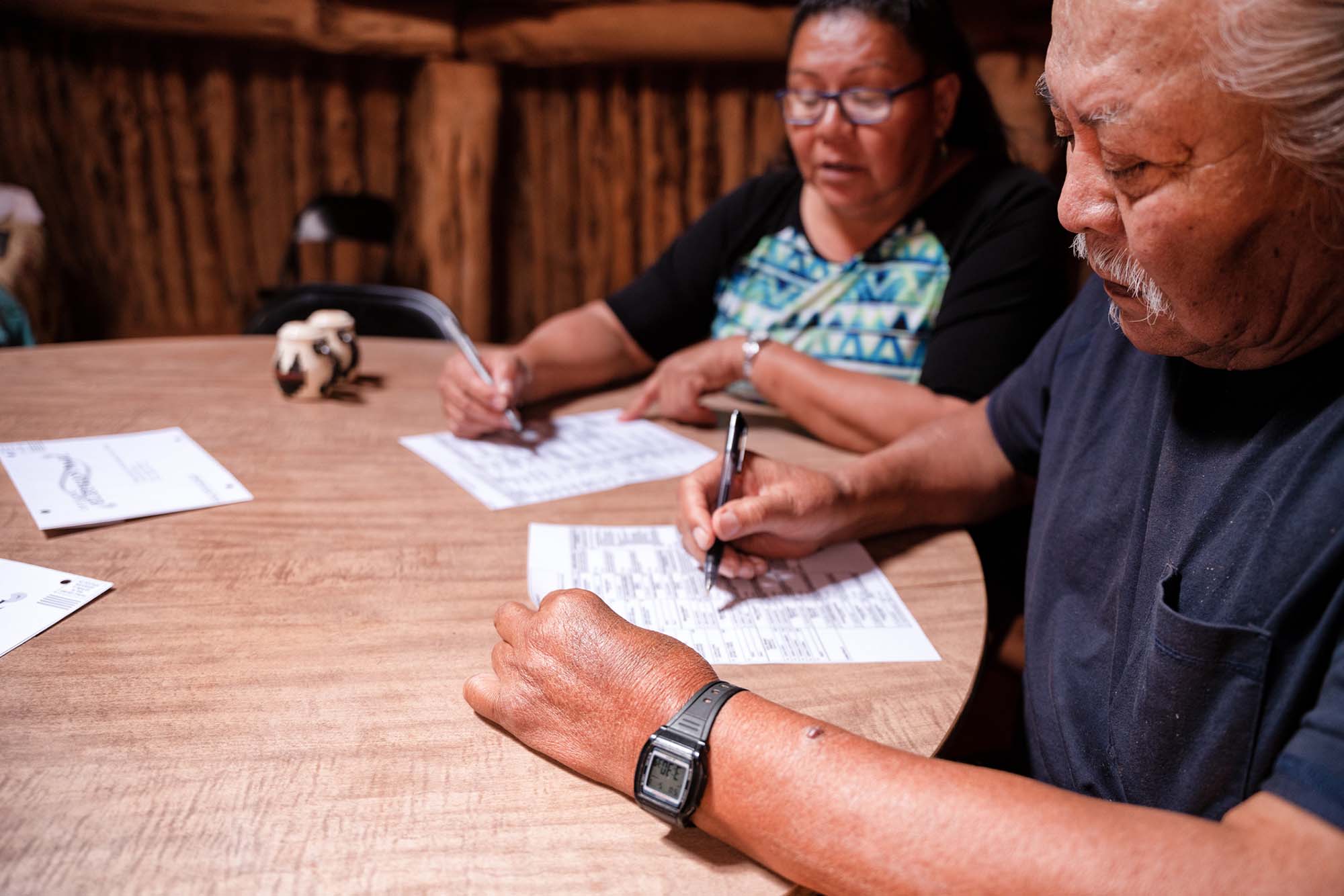-
How to Make Better Decisions, Faster
Contemplation and reflection are important, but nothing ever gets done until you actually get started. In business (and in life), a bias toward action is important. That's why Jeff Bezos thinks most decisions should be made when you don't have all the information you wish you had. As Bezos says: Many decisions are reversible, two-way doors. Those decisions can use a light-weight process. Most decisions should probably be made with somewhere around 70 percent of the information you wish you had.
-

Native Americans’ Awareness of Omission and Discrimination Fuels Civic Engagement
Native American adults who identified more strongly as Native were more likely to notice group omission and discrimination, prompting increased civic engagement.
-
Gratitude Really Is Good for You. Here’s What the Science Shows.
In 2022, Stacy Batten said, her “whole year was on fire.” Her husband died of cancer, and her father died after a long battle with Parkinson’s disease. Her mother was diagnosed with cancer. And she moved across the country from Seattle to Fairfield County, Conn., after selling the home that she had lived in for 26 years. In her devastation, she noticed that she felt better when she looked for the good parts of each day. So she took a large Mason jar and turned it into a “gratitude jar,” which she now keeps on her night stand. Every night, she writes down a few things that she is grateful for on a scrap of paper and drops it inside.
-
Uncovering the Mystery of Why Dogs Might Look Like Their Owners
Whether you’re at the dog park or just taking a stroll around the block, you’ve surely seen this before: A pup who looks — almost uncannily — like a miniature version of the human holding its leash. Maybe it’s the muscular pit bull who resembles its similarly-buff owner. Or the prim-and-proper poodle whose coiffed fur is a perfect match for its human's stylish hairdo. You may have even suppressed a chuckle at the basset hound whose mellow demeanor mirrors that of its droopy-eyed handler's. So why do so many dogs appear to be tiny, hairier versions of their owners? Perhaps surprisingly, the conundrum has been well-studied by scientists.
-

Carl Hart on Clinicians’ Bias Toward Drug Use
Podcast featuring Carl Hart, a neuroscientist at Columbia University who has studied the behavioral and neuropharmacological effects of psychoactive drugs in humans. His lab attempts to understand factors that mediate drug use, to develop effective treatments, and to translate that knowledge into more humane drug policies.
-
That Tip-Of-The-Tongue Feeling May Be an Illusion
Sometimes you know there's just the right word for something, but your brain can't find it. That frustrating feeling is called the tip-of-the-tongue (TOT) state—and for decades psychologists assumed it was caused by a partial recollection of the answer. But new research suggests this experience may be largely an illusion. Being sure you know something doesn't mean you actually do. In a series of experiments published in the Journal of Experimental Psychology: General, college students attempted to answer 80 general knowledge questions with one-word answers.

